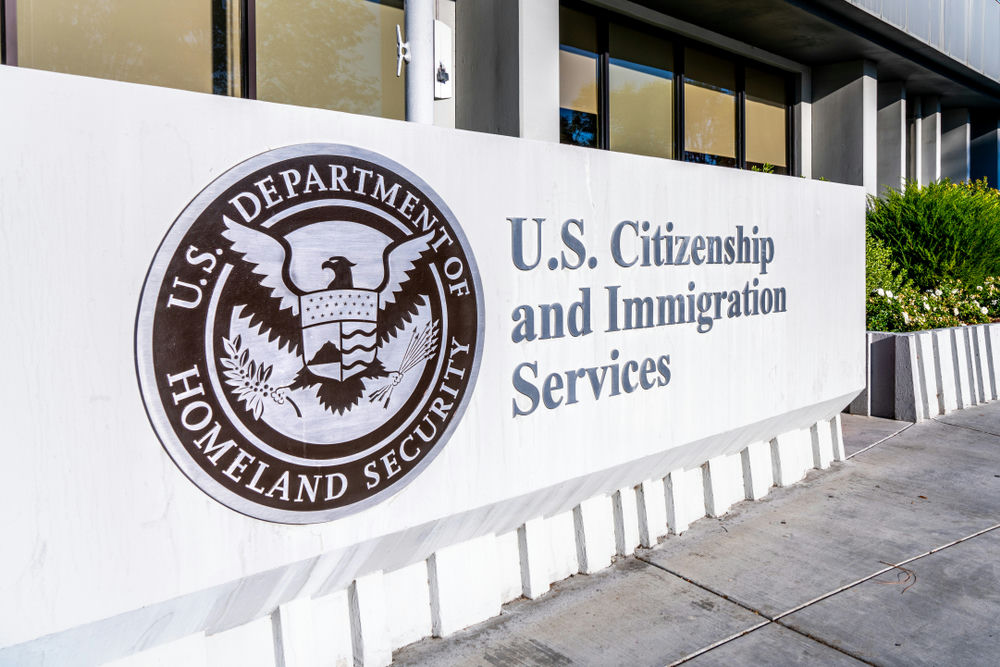In a new chapter of the ongoing battle between federal immigration enforcement and sanctuary cities, the Acting ICE Director has slammed Chicago’s mayor for his “disgusting” remarks while ICE officers face increasing violence.
Federal and Local Tensions Escalate
In recent weeks, tensions have escalated between federal immigration authorities and the leadership of sanctuary cities like Chicago. The Acting Director of U.S. Immigration and Customs Enforcement (ICE), Todd Lyons, has publicly reprimanded Chicago Mayor Brandon Johnson for his incendiary remarks comparing ICE’s actions to terrorism. This response comes as ICE’s enforcement tactics become more aggressive under President Trump’s renewed mandate.
Mayor Johnson’s comparison of ICE to a militarized force has sparked outrage from federal officials. Lyons called the mayor’s comments “disgusting,” asserting that ICE agents are simply doing their jobs under increasingly dangerous conditions. The Department of Homeland Security reports an 830% increase in assaults on ICE officers since Trump returned to office, reflecting the heightened risks these agents face.
Trump’s Immigration Policies Under Scrutiny
Trump’s hardline immigration policies have returned with full force. On July 8, 2025, Acting ICE Director Todd Lyons eliminated bond hearings for undocumented immigrants, a move that has been met with fierce criticism and legal challenges. This policy shift means that those detained by ICE can be held indefinitely without the opportunity for a judicial review, except in rare cases determined by ICE officers.
JUST IN: Vandal slashes ICE vehicles during California raid—agents mace him and slam him in jail. Mess with ICE, get iced. 🇺🇸💪 pic.twitter.com/bEt1KmtPCK
— GABRIEL™ 🪽 (@TheGabriel72) July 17, 2025
Such measures have resulted in a surge in ICE detention numbers, exceeding budgeted capacity with over 56,000 people currently held and new funding aiming for an average daily population of 100,000. Critics argue that these policies are unconstitutional and authoritarian, stripping away due process rights and leading to potentially indefinite detention for thousands.
Legal and Public Backlash
The reaction to these policies has been swift and severe. Legal experts and immigrant rights advocates have condemned the elimination of bond hearings, describing it as a draconian approach that jails individuals who may have deep ties to the U.S. and no criminal history. Civil rights groups are preparing lawsuits, arguing that the policy violates constitutional due process.
Meanwhile, immigrant communities in sanctuary cities like Chicago report increased fear and anxiety. The constant threat of raids and family separation looms large, exacerbating tensions between local and federal authorities. Sanctuary city policies, which limit cooperation with federal immigration enforcement, remain a point of contention, with federal officials threatening funding cuts.
The Road Ahead
The ongoing legal battles and public debates will shape the future of U.S. immigration policy and federal-local relations. Court rulings on the constitutionality of ICE’s expanded detention authority could set significant precedents. As the political landscape continues to polarize, the outcome of these challenges will have lasting implications for immigrant communities and law enforcement nationwide.
#ICE KIDNAPS A U.S. CITIZEN WHO IS ALSO A DISABLED VETERAN. ALL BECAUSE HE HAS BROWN SKIN.
DISGUSTING‼️ pic.twitter.com/6e2bFMenuG
— Liz (@manhattan_liz) July 16, 2025
As the clash between federal enforcement and sanctuary city policies intensifies, the stakes remain high. With Trump’s administration pushing a strict immigration agenda, the nation watches closely to see how these policies will impact communities, law enforcement, and the broader American value system in the years to come.

